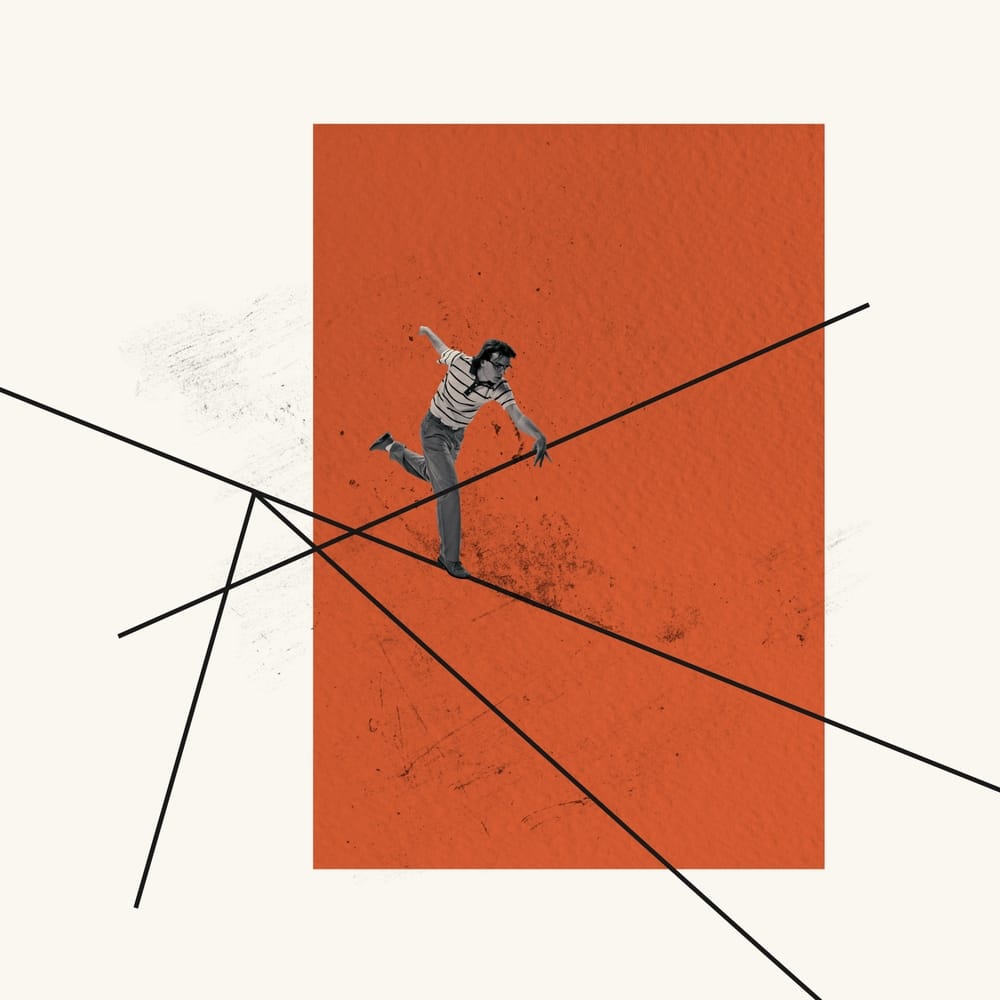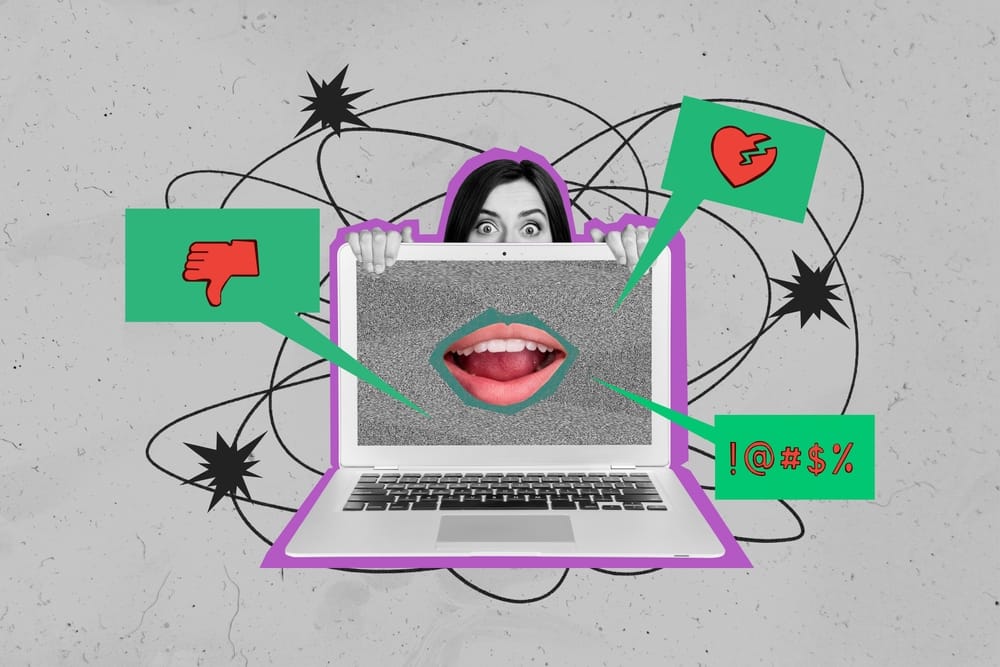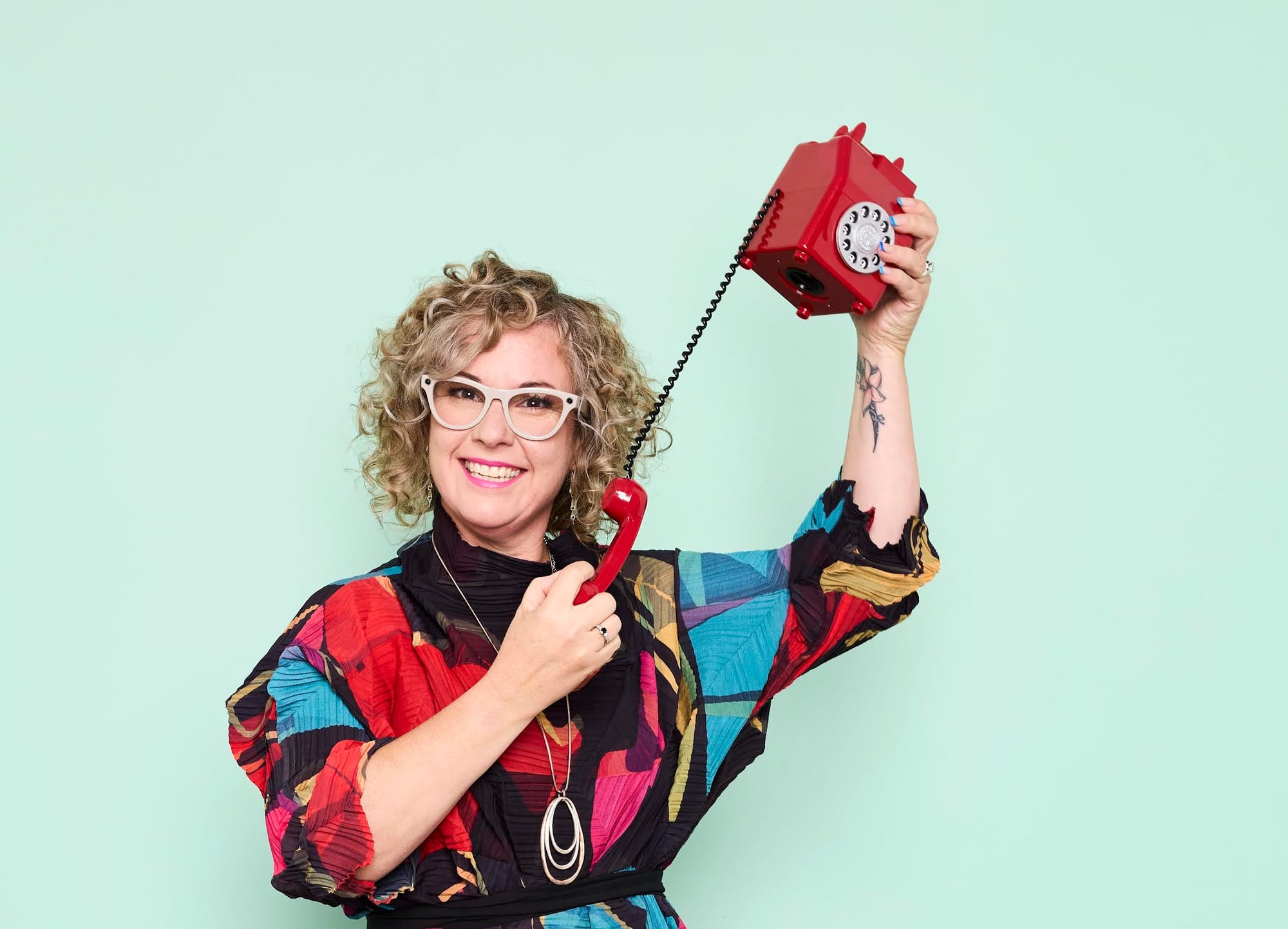
Labour of love
The potency of EaseUp is in the partnerships it builds in its teams between Peer Support workers and Clinicians .
Peer support worker Brandy Wilson , and clinician Karl Scoble explain the value of this below
Hard work: high value
I love my job. I’m good at it and I honestly can’t imagine doing anything else. I’ve been a peer support worker in South Waikato for nearly three years now. Most of my week is spent in schools or driving out into the community, seeing young people aged 12 to 24. We offer brief intervention — usually 90 days — but I’ll be honest: that time limit can be challenging. Some kids need more time, and when they do, we try to give it, even if it stretches the system.Peer support is a person to person job, and that’s often where it’s real value surfaces
The value of authentic mahi
I cover a patch of Aotearoa so wide I sometimes drive 500 kilometres in a single week, to see a handful of young people who’ve asked for help. Not because they’ve been forced. Not because it’s mandated. But because someone told them Easeup might be a place they’d feel heard. Together we meet young people where they’re at, literally and emotionally. That might be a classroom, a community centre, or the front seat of their car in a school carpark. And when you’re the only available service in a rural region, you learn to turn up anywhere, because you’re it.
Our job's not always easy
We carry stories, grief, trauma — sometimes raw and real and very close to our own. And we do it all while being open about our own journeys, in a way most other professionals aren’t required to be. That openess builds trust. We’re supporting kids who are falling through the cracks. We’re helping them re-engage with school, build friendships, speak in public for the first time, or just get out of bed. We’re making real change.
There's value in the care we invest
This isn’t only just a job, we invest a lot of ourselves in it week after week. The reason we turn up is because if we didn’t, the cost wouldn’t disappear—it would just show up elsewhere. In rising benefit numbers, in more acute addiction, in school disengagement, in harder, more expensive recovery journeys later. The earlier we show up, the less harm needs undoing. It's refreshing that A Sound Investment is giving a voice to the hard mahi we do, and its outcomes
Our super power is our value
That brings me to the real power of peer support: honesty and lived experience. I’ve been through my own mental health journey — I live with bipolar. When I sit with a young person newly diagnosed, I’m showing them living proof and experience that supports the knowledge of where they're at clinically. I’m right in front of them, doing life, managing the same condition, getting through the hard days. That visibility makes a difference.
I remember working with an 18-year-old who’d just been diagnosed. She felt broken, ashamed, convinced she’d never live a “normal” life. By the time we finished our work together, she told me, “You’ve helped me feel less crazy.” That hit me. Because I remember thinking the same thing when I was her age.
Not here to tick boxes. Here to build trust.
That one thing—trust—makes the biggest difference in how young people engage. I know this because I didn’t have it when I was young. I didn’t know we had guidance counsellors at my school. I never felt like any adult really wanted to listen. So now, I do what I wish someone had done for me.
Non-threatening, clinically and peer-informed, powerful
We don’t walk into a room and say, “You’ve been referred to us because you’re angry or failing school.” We say: “This is your choice. If you think we can help, we’re here. If you need time, take it.” That non-threatening, clinical, peer-informed approach is powerful. It creates space for people to speak up about things they’ve never shared before. It lets them start to understand themselves—neurodivergence, trauma, whatever it might be—and it builds confidence.
The results speak for themselves.
One student I worked with had 40% school attendance last year. This term, they haven’t missed a day. Another had such severe anxiety she’d barely said a word in class. By the end of our time together, she stood up, delivered a speech in front of her classmates, and passed her English assignment. I promised her I’d be there to watch. And I was.
Teachers tell us they see the difference too — fewer disruptions, better engagement, more confident kids. And those kids? They refer their friends to us. They come back when they need to.
That tells me something’s working, and there's a real value to tha
Confidence is key
When I think about what I want every young person to leave with, it’s not perfect behaviour or compliance. It’s the confidence to speak their mind and stand their ground. I’ve seen a young person go from crying in every session to calmly confronting a friend who treated them badly. That shift in how they see themselves? That’s the work. That’s the light coming on. That’s the whole point of EaseUp: to get in early, to build connection, to hold space until a young person is ready to act. I'm really stoked with a rainbow group we've just started in a town where no such space existed before.It's laying the foundations of a sustainable voice for its young people, eventually they'll be running it and our intervention won't be needed.
My last word
It’s not always glamorous. The true value of what we deliver is not always recognised. But it’s real. And it works.
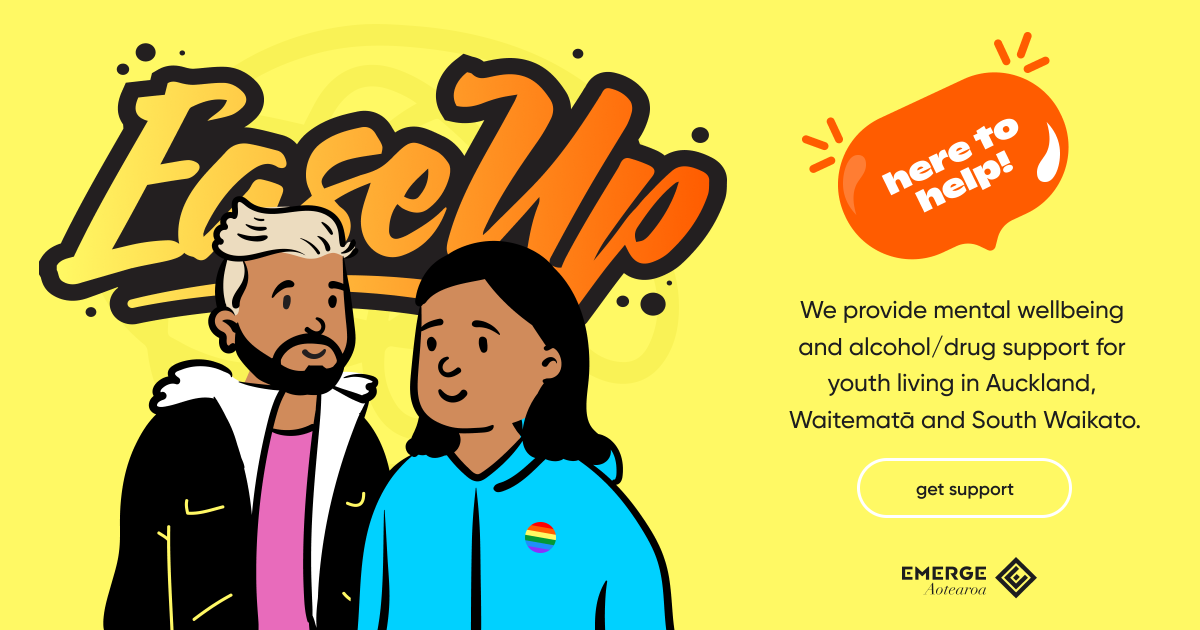
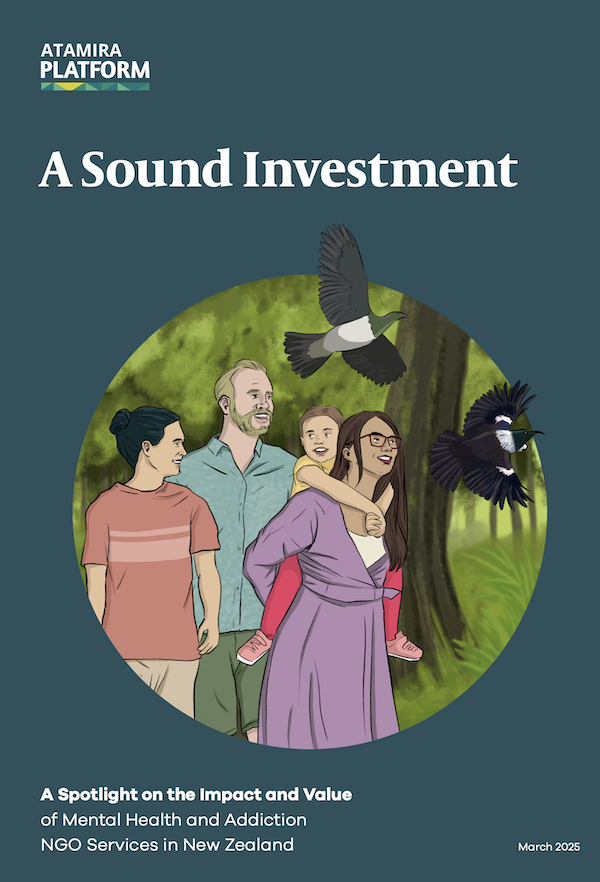
If you work on the front line and want to have your voice heard - leave a comment in the box below

